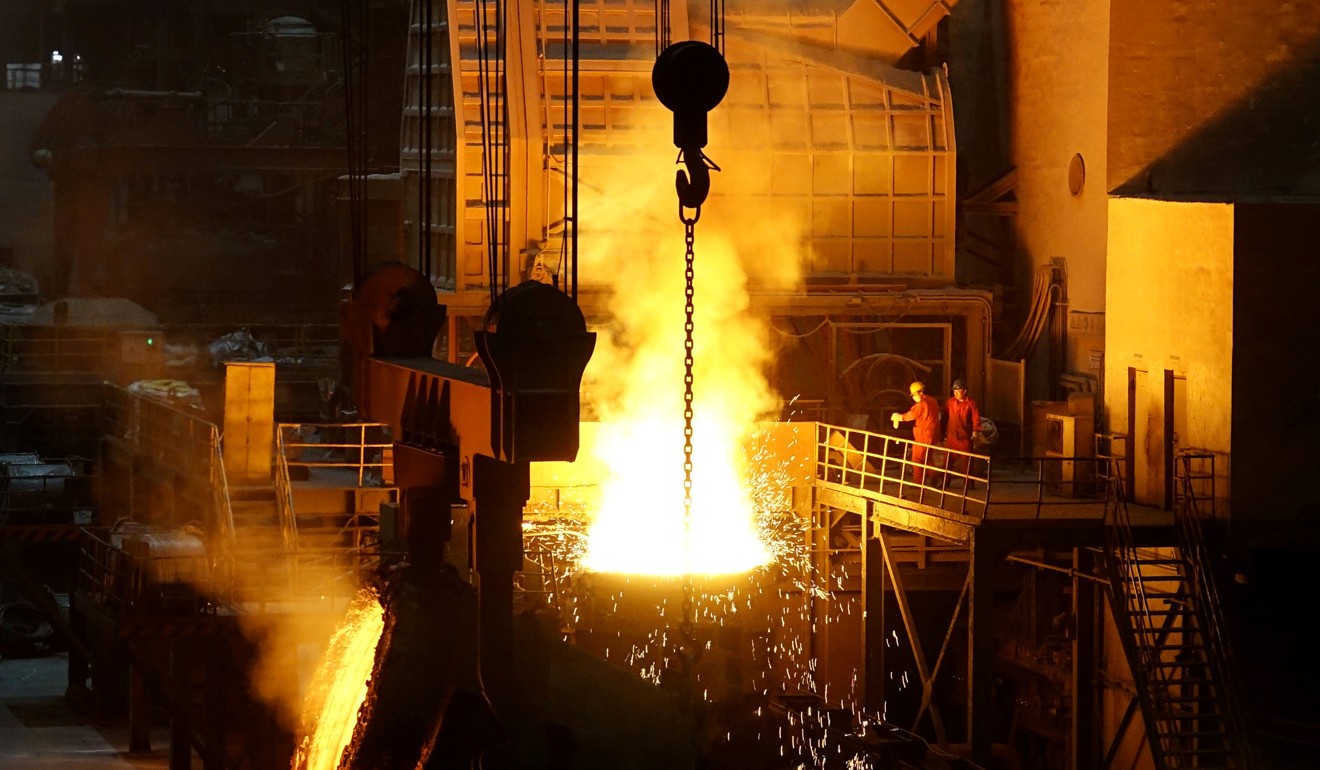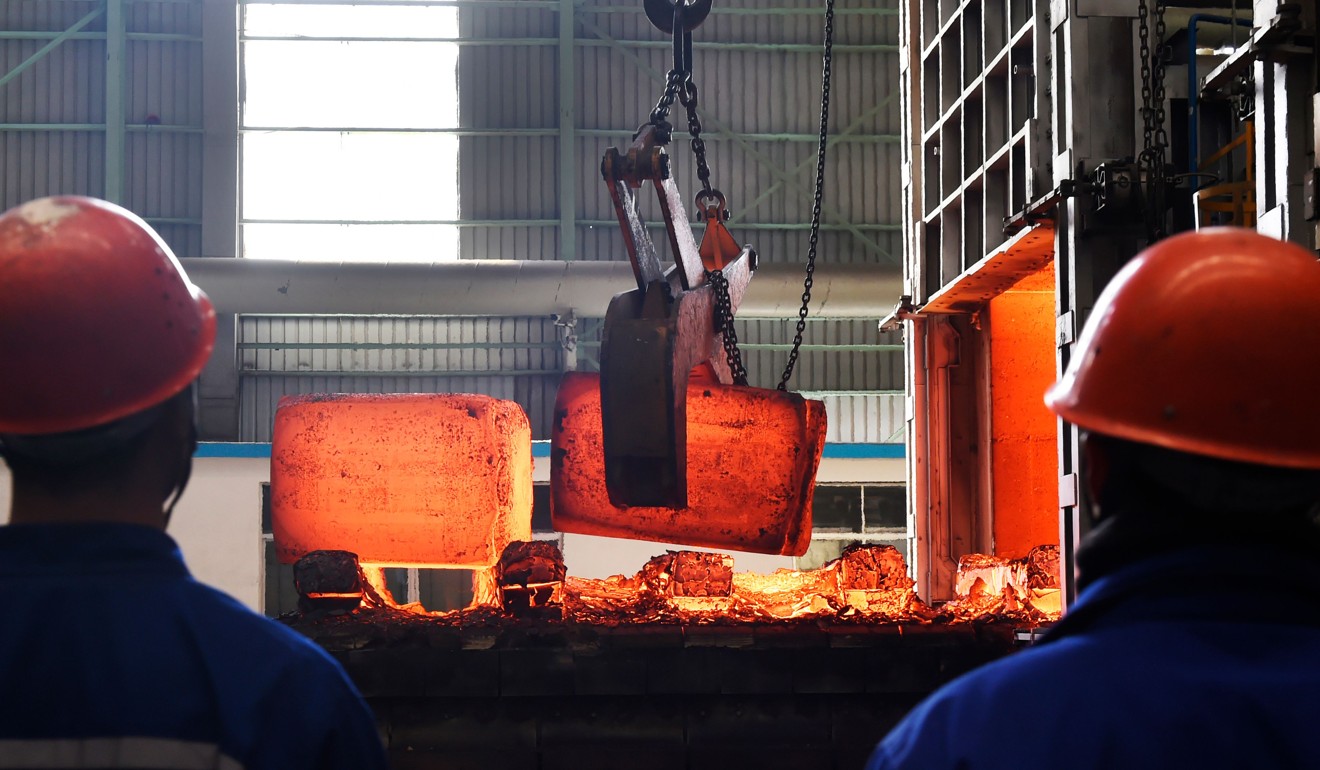
G20 to recognise need for ‘further dialogue’ as US poised to slap trade sanctions against China
US sanctions sparking fear of a trade war versus China
The world’s financial leaders are likely to reaffirm on Tuesday their commitment to fighting protectionism and recognise the need for “further dialogue and actions” on trade, just days before US steel and aluminium tariffs are to enter into force.
Finance ministers and central bankers of the world’s 20 biggest economies, the G20, have been meeting in Buenos Aires, discussing the risk to global economic growth posed by a potential trade war caused by the US tariffs and looming American trade sanctions on China.
“International trade and investment are important engines of growth, productivity, innovation, job creation and development,” the G20 said in the latest draft communique.
“We reaffirm the conclusions of our leaders on trade at the Hamburg Summit and recognise the need for further dialogue and actions. We are working to strengthen [the] contribution of trade to our economies.”
The new language on the need for trade dialogue comes as US President Donald Trump readies plans to punish China with tariffs over its intellectual property practises.

Two officials briefed on the matter said Trump is expected to unveil tariffs on up to US$60 billion in Chinese technology and telecoms products by Friday, the same day that tariffs of 25 per cent on imported steel and 10 per cent on aluminium are to apply.
A final communique is expected to be released later on Tuesday.
The Hamburg Summit communique, which was signed by Trump in July 2017, says that G20 countries would “continue to fight protectionism including all unfair trade practises.”
But it also says in the same sentence that they “recognise the role of legitimate trade defence instruments” – an ambiguity which provides the US with a way to make its case for the tariffs.
In the latest draft communique, the G20 ministers repeated their traditional pledges to refrain from competitive devaluations and avoid targeting their foreign exchange rates for export advantage.

But they also added some new language on exchange rates, emphasising stability and flexibility:
“Strong fundamentals, sound policies and a resilient international monetary system are essential to the stability of exchange rates, contributing to strong and sustainable growth and investment,” the draft communique said.
“Flexible exchange rates, where feasible, can serve as a shock absorber.”

